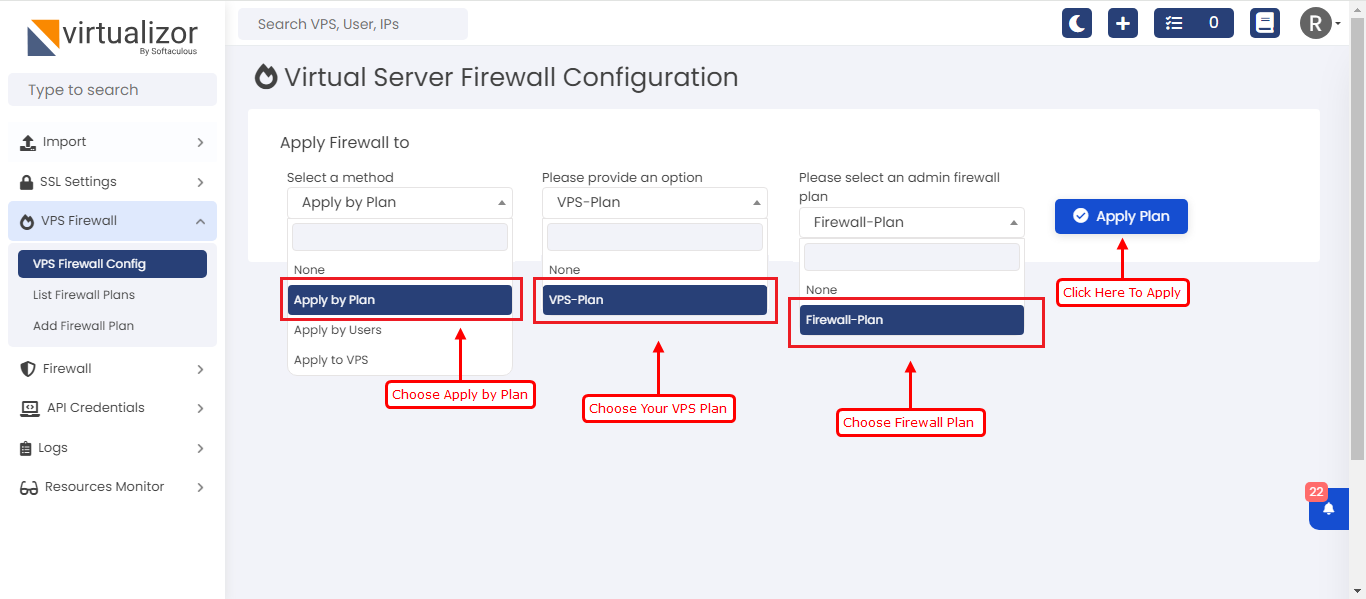VPS Firewall: Protecting Your Virtual Private Server
When it comes to managing a virtual private server (VPS), security should always be a top priority. One essential tool for securing your VPS is a firewall. In this article, we will explore what a VPS firewall is, why it is important, and how to set one up on your server.
What is a VPS Firewall?
A VPS firewall is a security system that monitors and controls incoming and outgoing network traffic on your virtual private server. It acts as a barrier between your server and the internet, filtering out potentially harmful traffic to prevent malicious attacks.
There are two main types of firewalls: software firewalls and hardware firewalls. Software firewalls are installed directly on your server, while hardware firewalls are physical devices that are connected to your server’s network.
Why is a VPS Firewall Important?
Protecting your VPS with a firewall is crucial for several reasons. First and foremost, it helps prevent unauthorized access to your server. By filtering out malicious traffic, a firewall can significantly reduce the risk of security breaches and data theft.
Additionally, a VPS firewall can help improve the performance of your server by blocking unnecessary or harmful traffic. By limiting the amount of incoming and outgoing data, a firewall can help optimize your server’s resources and ensure smooth operation.
How to Set Up a VPS Firewall
Setting up a firewall on your VPS is a relatively straightforward process. Most VPS hosting providers offer integrated firewall solutions that you can easily enable through your hosting dashboard.
If you prefer to set up a firewall manually, you can use software such as iptables or firewalld on Linux servers. These tools allow you to create custom firewall rules to control incoming and outgoing traffic based on your specific security needs.
Remember to regularly update your firewall rules to adapt to new security threats and vulnerabilities. By staying proactive and vigilant, you can ensure that your VPS remains secure and protected against potential attacks.
Conclusion
A VPS firewall is a critical component of your server’s security infrastructure. By implementing a firewall, you can safeguard your VPS against malicious attacks and unauthorized access, ensuring the safety and integrity of your data.
Whether you opt for a software firewall or a hardware firewall, the key is to prioritize security and stay informed about the latest threats and vulnerabilities. With the right tools and practices in place, you can protect your VPS and maintain a safe and reliable hosting environment.
